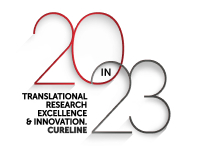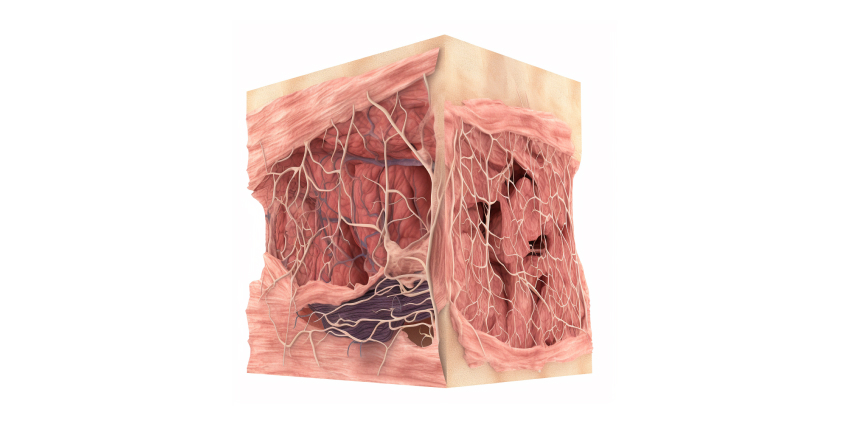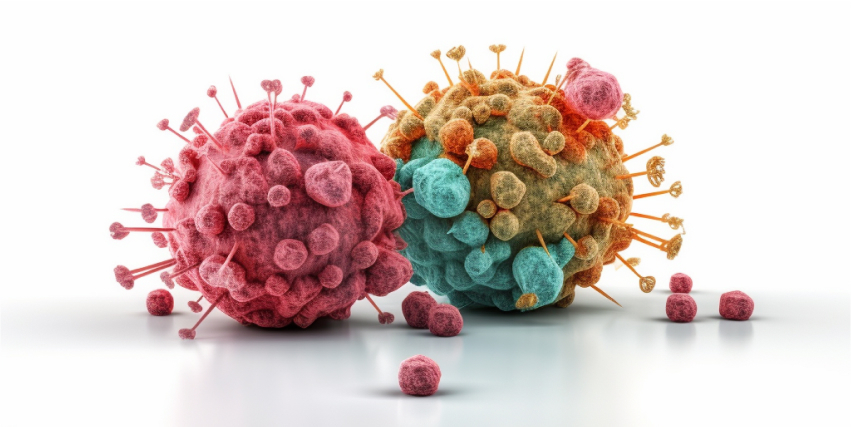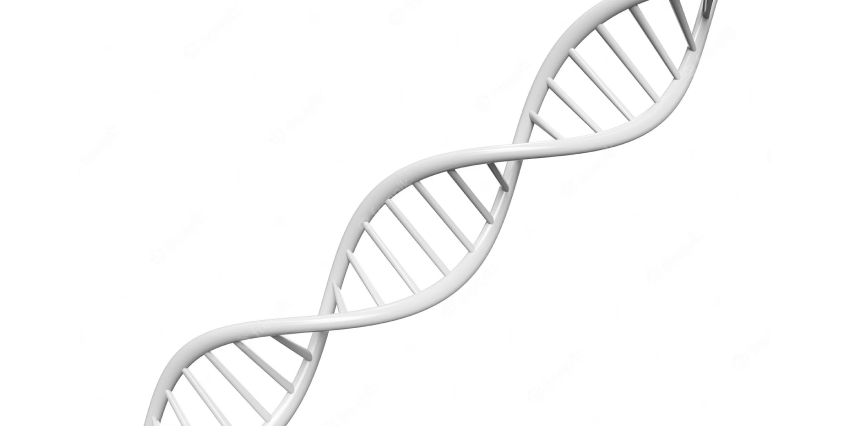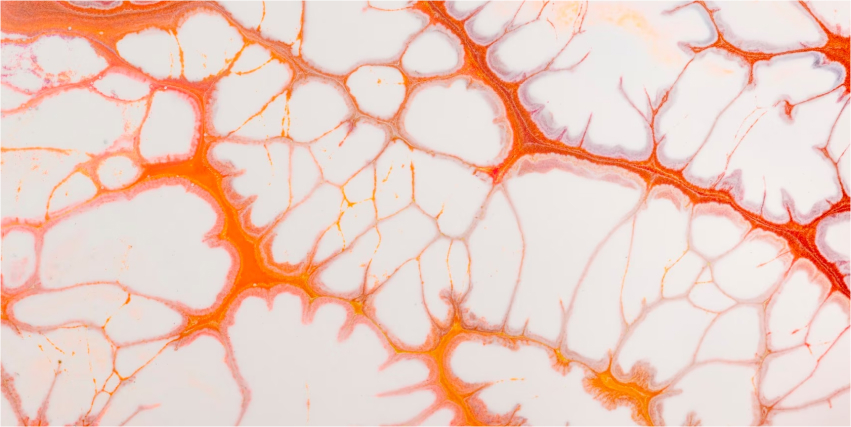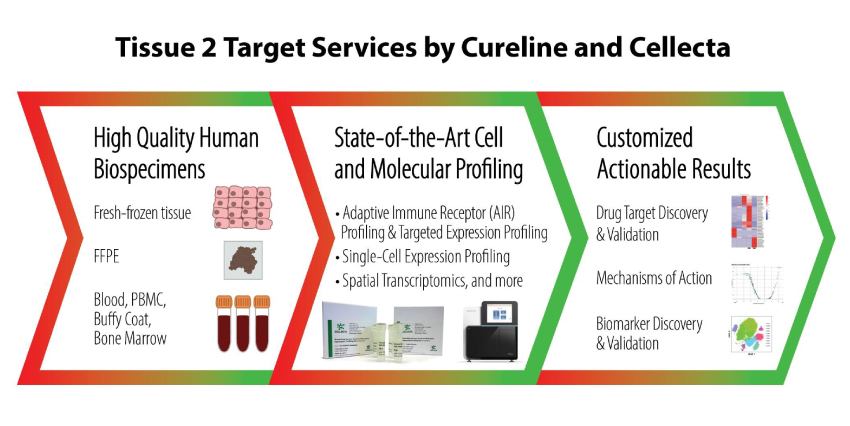Abstract:
If you have ever wondered what happens to your blood, tissue, or other biological samples after you donate them for research, this blog post is for you. Human tissue collection is an essential part of biomedical research, as it helps scientists and doctors discover new ways to prevent, diagnose, and treat diseases. But donating your tissue is not as simple as giving away your old clothes or books. There are ethical and legal issues that you should be aware of before you sign up for any research project involving human tissue. In this blog post, I will explain some of the key documents and agreements that you may encounter when you decide to donate your tissue for research.
Ethical documents
-
Ethical documents are used to ensure that human tissue is collected in an ethical and responsible manner. These documents include:
Informed consent: Informed consent is a document that is used to obtain permission from a person to collect their human tissue for research. The informed consent document must be written in clear and understandable language, and it must include information about the risks and benefits of the research, as well as the person’s rights as a research participant.
![]()

